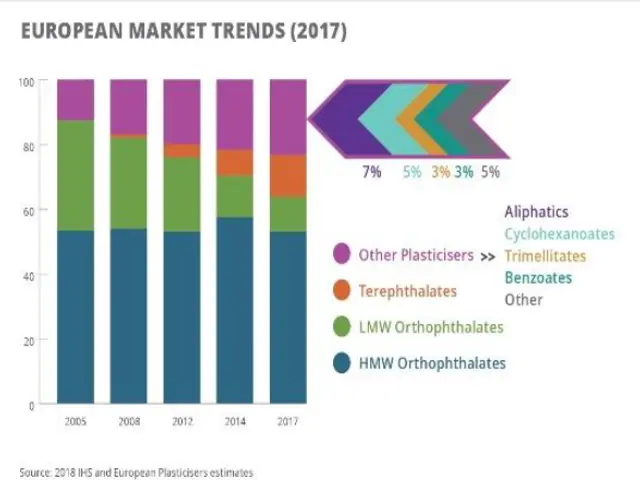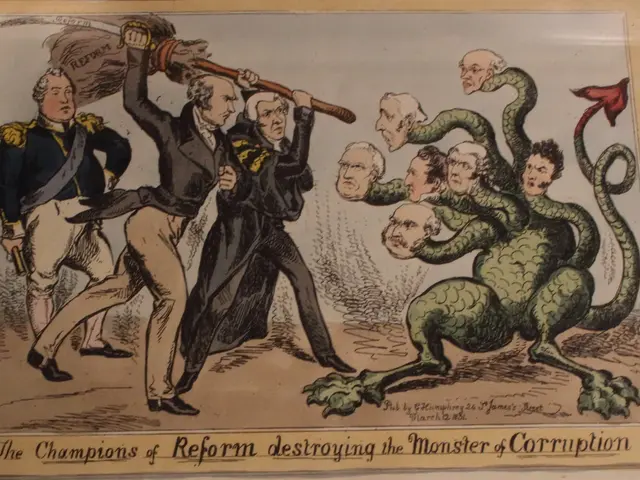Manufacturing Drugs Without Permission - Trial Discontinued - Mother-Son Duo Fined for Illegal Medicine Production, €1M in Charity Donations
A complex case involving the illegal production of medicines has concluded in Mainz. A mother and son were fined for producing and selling unlicensed drugs and supplements, with proceeds going to charity. The case has left a significant impact on the local community and the healthcare industry.
The duo, a 74-year-old naturopath and her 42-year-old son, were found guilty of producing, storing, and selling unlicensed medicines and dietary supplements worth over €299,000 between 2018 and 2019. The products were supplied to a facility in Edenkoben treating chronic and allergic conditions.
The presiding judge noted the case's complexity, requiring extensive evidence-gathering and expert testimony. Despite this, proceedings were discontinued after fines were imposed. The son was ordered to pay €4,000 to the Mainz Food Bank, while the mother paid €20,000 in fines, with €10,000 each going to Victim-Offender Mediation Rheinhessen and the Mainz Children’s Hospice.
The Bingen-based company involved is now under insolvency administration, and confiscated medicines and supplements, worth €3.5 million, are set to be destroyed. In a separate development, organizations such as the Red Cross, UNICEF, and Doctors Without Borders have been financially supported with 100,000 euros each from the case's proceeds.
The conclusion of this case has resulted in fines and donations to charitable organizations. The destruction of confiscated products worth millions underscores the seriousness of the offense. The case serves as a reminder of the importance of proper licensing and regulation in the production and distribution of medicines.






